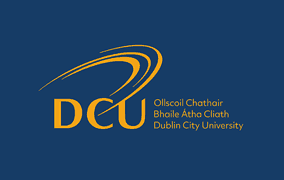The Centre for Translation and Textual Studies (CTTS) encourages applications for Marie Curie Individual Fellowships. This EU scheme would enable a postdoctoral researcher from overseas to spend two years on a ‘training through research’ programme at Dublin City University with a named supervisor in the Centre for Translation and Intercultural Studies (CTTS). If you are a promising researcher whose career would benefit from two years at CTTS and you fulfil the criteria below, please contact us. The Individual Fellowships are a form of training grant so the scheme is ideal for early career researchers. Our Centre has a track record of successful awards and we are happy to support strong applicants.
Key points for applications to CTTS:
- Candidates should not have carried out their main activity (work, studies, etc.) in the Republic of Ireland for more than 12 months in the past 3 years.
- Candidates must have a doctoral degree and some post-doctoral experience.
- Candidates must propose a well-defined research project that is a good fit with CTTS research activities. Please check the CTTS website for more information on the research expertise of its members: https://ctts.ie/members/
- The proposal should also include public engagement activities and a plan to develop the candidate’s research skills.
- Funding covers the candidate’s living and travel costs.
- Applications are submitted through Dublin City University (drafted by the candidate but with support from the University).
If you are interested in applying, please get in touch in the first instance with CTTS Director, Dr Áine McGillicuddy (aine.mcgillicuddy@dcu.ie) by 4 pm (GMT), Friday 17 May 2019 with a brief description of the project that you propose to undertake at CTTS and the name(s) of prospective supervisor(s) you contacted in advance. By early June the Centre will select the strongest candidates who will then be supported in their preparation of full applications for the scheme deadline of 11 September 2019.
Full details of the scheme can be found on the European Commission website.
A valuable resource is also the Irish Marie Curie Office.

